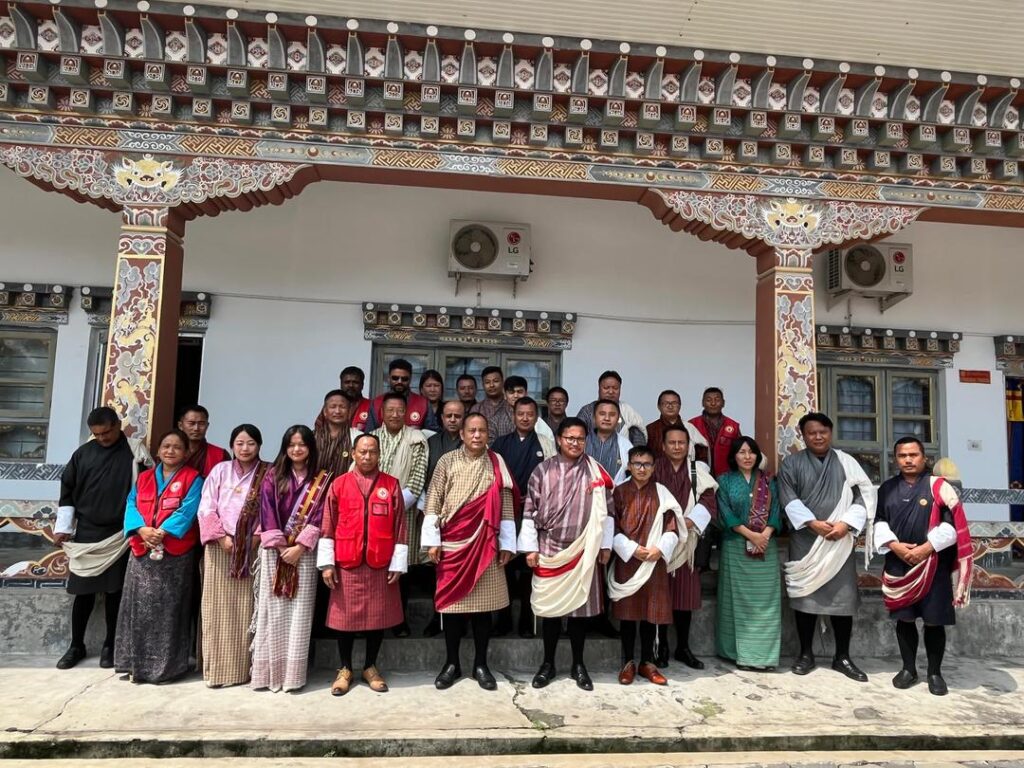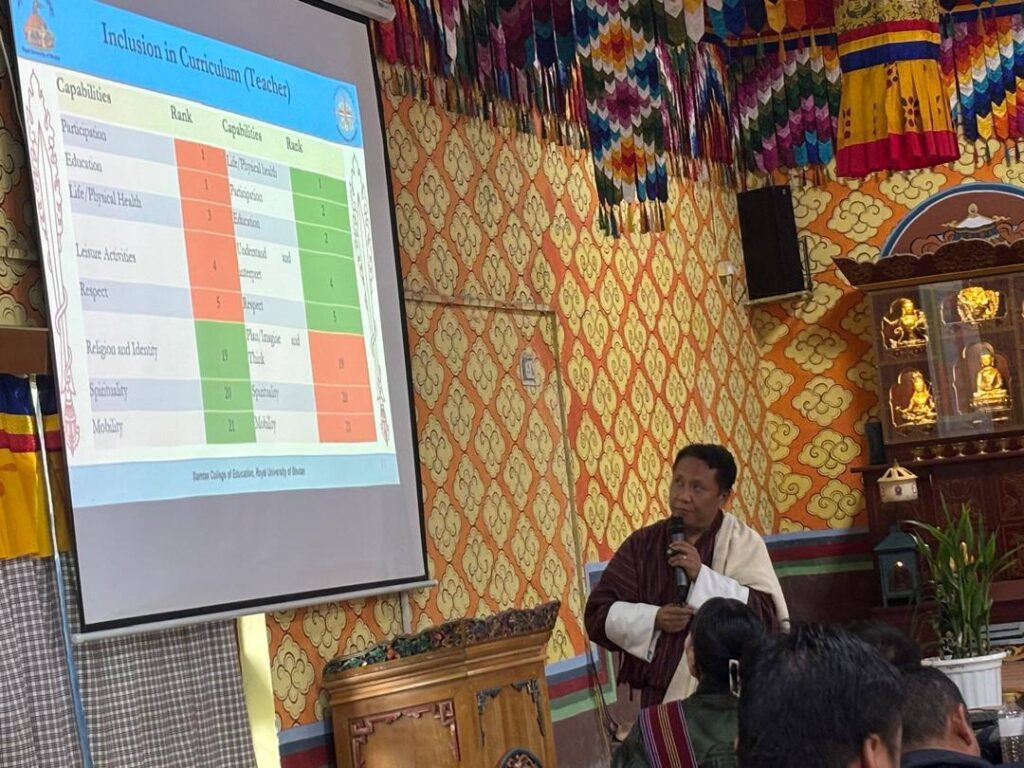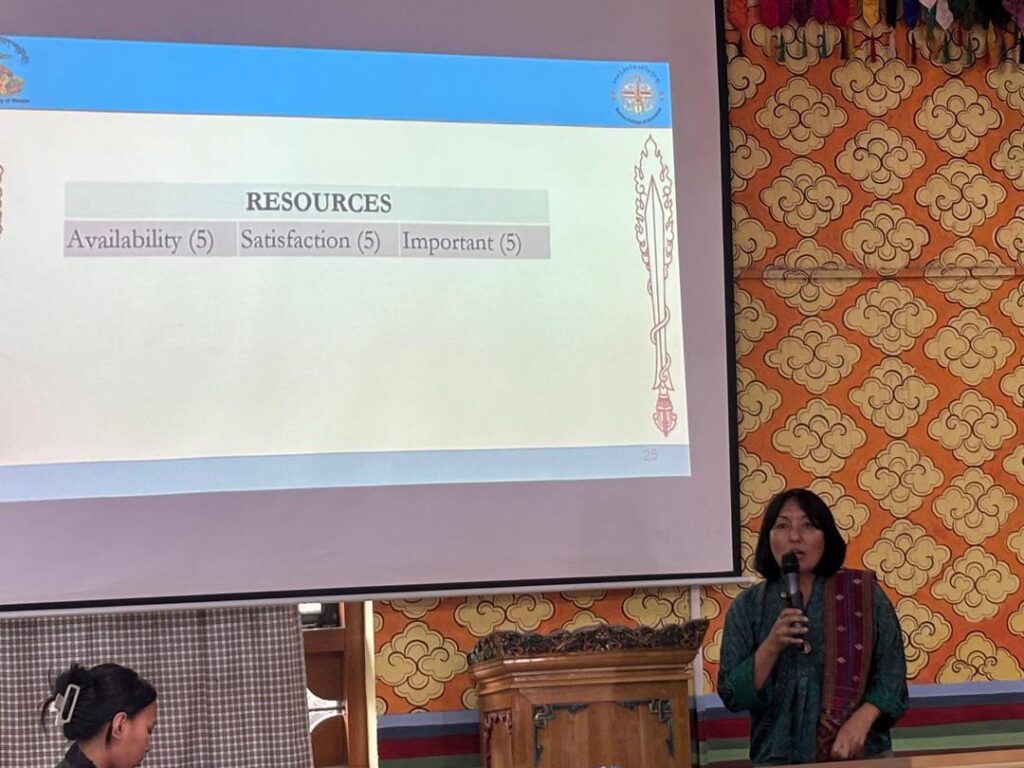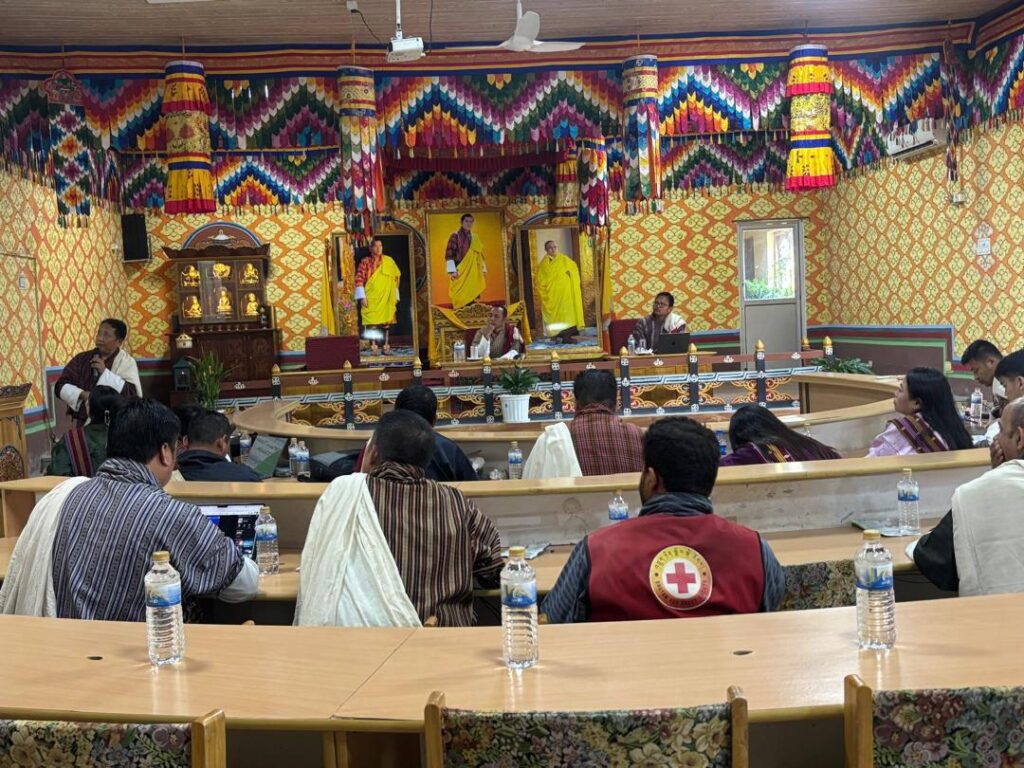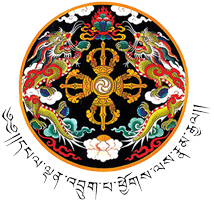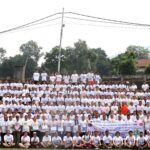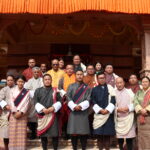National Sectoral Task Force (NSTF) and Community-Based Support Services Awareness Programme on Health and Gender Equality and Social Inclusion Project
A community awareness programme was held on 13th June 2025 at the Samtse Dzongkhag Tshogdu Hall, focusing on critical health and social issues. The program highlighted the need for awareness on non-communicable diseases (NCDs), healthy nutrition, the impact of alcohol, the importance of physical activity, and the promotion of Gender Equality and Social Inclusion (GESI), with a particular emphasis on children’s valued educational capabilities.
A total of 33 participants attended the event. It was chaired by Dasho Dzongda, Dzongrab (Mayor and Deputy Mayor), and attended by local leaders, community-based support service focal persons, gender and child protection focal points, GESI project team members from Samtse College of Education, health officials, Red Cross Society volunteers, and other relevant stakeholders.
In his opening remarks, Dasho Dzongda emphasized the importance of collaborative efforts among stakeholders to ensure the success and reach of such program. He stressed the need for coordinated action and recommended extending similar initiatives to grassroots levels to foster inclusive, equitable, and healthy communities.
Highlights of the Program
- Prevention and management of NCDs through lifestyle changes
- Promoting a balanced and nutritious diet and educating on food labels
- Raising awareness on the harmful effects of alcohol consumption
- Encouraging regular physical activity for improved well-being
- Understanding the role of Children’s Valued Educational Capabilities (CVEC) framework in building gender-sensitive and inclusive schools and communities
GESI Presentation and Project Update
The GESI team from Samtse College of Education made a special presentation on the Situational Analysis Study (SAS) and the baseline findings of the ongoing GESI project. The project is supported by Global Partnership in Education Knowledge and Innovation Exchange (GPE KIX) and International Development Research Centre (IDRC). The presentation was part of a Knowledge-Sharing initiative to inform and engage stakeholders on the project’s progress and objectives.
The team explained that the intervention phase of the project is currently underway, with targeted activities being implemented in the five partner schools in Samtse Dzongkhag. Emphasis was placed on the crucial role of stakeholder collaboration in ensuring the success of these interventions. The project coordinator, Kinley Seden (PhD), apprised Dasho Dzongda and the members present that active involvement of key stakeholders from the Dzongkhag is essential at this stage. In response, Dasho Dzongda expressed his full commitment and pledged his support for the project’s implementation.
The program included an engaging open discussion session. Participants shared views and raised several important questions regarding the GESI project. One of the members sought clarification on the team’s selection of the 21 capability indicators, which the project team member, Mr. Karma Gayphel, clarified has been done based on extensive literature reviews and the indicators which were universal and relevant within Samtse’s and Bhutanese context. Others asked if any provisions were made to specifically include issues related to LGBTQ+ and gender-diverse groups. While this was not explicitly catered to in the SAS, the intervention phase has numerous activities that will address these concerns.
The members asked the team about the next steps of the project highlighting the need for sustainability of these initiatives after the project concludes. The members presented that while the project has the funding capacity to initiate the intervention phase in the five partner schools, the scalability will also depend on the collaborative efforts of the schools and the Dzongkhag level stakeholder, highlighting the importance of events such as this. Moreover, the team informed the gathering that the project outputs have been shared with the Ministry of Education and Skills Development (MoESD) and other relevant agencies, with the aim of translating the findings into concrete outcomes such as integration into national policies, institutional strategies, and school curricula.
In the closing statement, Mr. Karna Bdr. Thakurr (Thrizin Wom) encouraged participants to disseminate the insights and knowledge gained from the program within their communities. He emphasized that continued awareness and dialogue are key to creating a more informed, inclusive, and supportive social environment.
The Dzongkhag acknowledged that with these Knowledge Sharing Events, the Project has successfully updated local leaders and community members on critical GESI issues, fostered inclusive conversations, and empowered individuals to take active roles in promoting understanding and equity. By bridging gaps in awareness and encouraging collective action, the project continues to strengthen the foundation for lasting social change across Samtse Dzongkhag while preparing for the intervention phase which is set to begin from July 2025.
